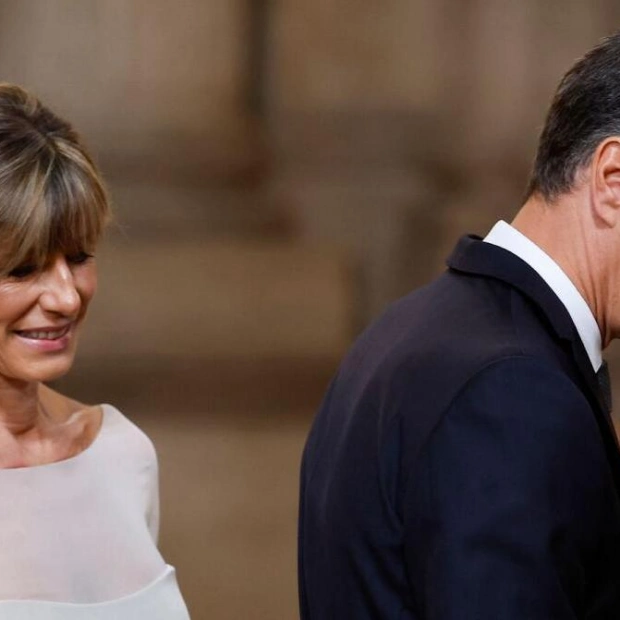Over 100 firms, such as Unilever, L'Occitane, and Iberdrola, urge governments to strengthen policies to achieve the U.N.'s target of stopping biodiversity loss by 2030. Facing the imminent extinction of over 1 million species, a significant agreement was reached in 2022 to safeguard biodiversity, including a commitment to preserve 30% of global natural habitats. Nations are set to discuss the specifics of this commitment at the COP16 biodiversity conference in Colombia in October. In a letter to Reuters prior to these discussions, 132 companies, collectively earning $1.1 trillion, called for more robust measures. Signatories also include Teck Resources, Danone, RWE, and Holcim, advocating for reforms in subsidies, water management, and agricultural practices. Human activities are severely harming wildlife by destroying natural habitats, polluting the environment, and accelerating climate change. Supporters of the letter argue that the cost of inaction far exceeds that of preventive measures, especially considering the critical role of dwindling pollinators and vulnerable ecosystems in food production and water systems. Rishi Kalra of Olam Food Ingredients emphasized the potential disappearance of businesses if biodiversity is not prioritized, highlighting the reliance on bees for almond pollination. Deforestation in the Amazon has already impacted rainfall and agricultural patterns, affecting global soy and beef supplies. Laurent Freixe of Nestle Latin America underscored the essential role of nature and water for human survival. Despite potential short-term cost increases, nature-friendly strategies require government-enforced market rules or incentives to encourage corporate action. The letter, organized by Business For Nature, stresses the need for government intervention to ensure businesses and financial entities protect and restore nature, advocating for sustainable resource use, nature-inclusive decision-making, and stronger international agreements.

Text: Lara Palmer
16.07.2024
Over 100 companies call for government action to meet U.N. biodiversity goals and protect ecosystems





